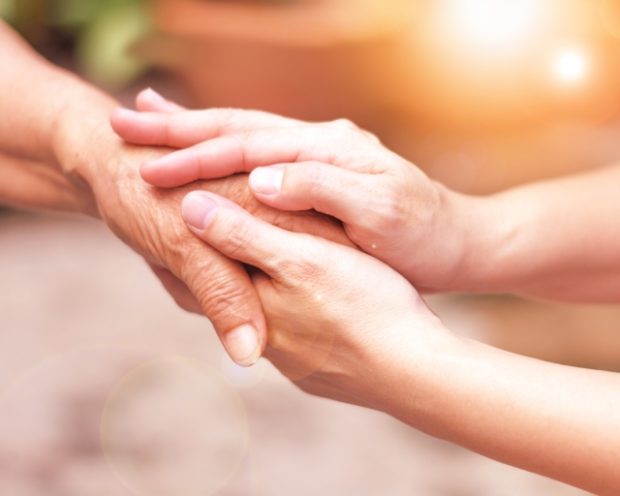
Several scientific studies have shown that kindness could boost physical and mental health. Image: IStock/Pornpak Khunatorn via AFP Relaxnews.
One kind word can warm three winter months. This Japanese proverb resonates strongly in a global context of the COVID-19 pandemic, terrorism and election drama in the United States.
As we mark World Kindness Day on Nov. 13, let us remember that a simple act of kindness can have positive effects on its recipient, but also on its giver. So, what do you have to lose?
A good way to fight stress
Did you know that benevolence has properties that counter the detrimental effects of stress? Many studies conducted in the past have showcased the effects of good deeds, empathy and altruism on different types of stress. A recent study on the subject, published in the Psychological Bulletin last September, showed a direct link between prosocial behavior and well-being.
A team of researchers performed a meta-analysis of 201 studies comprising 198,213 participants in total. They concluded that there is a direct association between better physical and mental health and prosocial behavior, however with certain disparities depending on the deed. Random acts of kindness, like helping your elderly neighbor carry his or her groceries conveyed more well-being than scheduled volunteering for a charity, but that does not mean that you should quit doing the latter.
“Prosocial behavior — altruism, cooperation, trust and compassion — are all necessary ingredients of a harmonious and well-functioning society. It is part of the shared culture of humankind, and our analysis shows that it also contributes to mental and physical health,” said Bryant P.H. Hui, a research assistant professor at the University of Hong Kong and lead author of the study.
And live longer
If kindness is first and foremost selfless, as long as it is spontaneous and altruistic, it can also contribute to the giver’s own good and boost his or her health. In 2019, researchers in California founded the Bedari Kindness Institute as part of the University of California, Los Angeles. Its main goal is to help the public and to inspire leaders toward more kindness and to build more humane societies.
“In the midst of current world politics, violence and strife, the UCLA Bedari Kindness Institute seeks to be an antidote,” said Darnell Hunt, dean of the UCLA division of social sciences, in an announcement about its launch.
One of the many benefits of kindness extolled by this institute is the fact that it prolongs life. Benevolence could have positive effects on blood pressure and the immune system. Scientists have even noted that the reverse was also true. Being treated with contempt or indifference can shorten our life expectancy. Good deeds, therefore, have positive effects for both giver and receiver.
And if you need more proof to adopt such behavior, know that altruism, compassion and benevolence can also help fight depression and boost self-esteem — all something to reflect upon. CC
RELATED STORIES:
‘Kindness stations’: Take what you need, give what you can
Kindness in the time of pandemic: Cop trainee’s ‘public service from the heart’